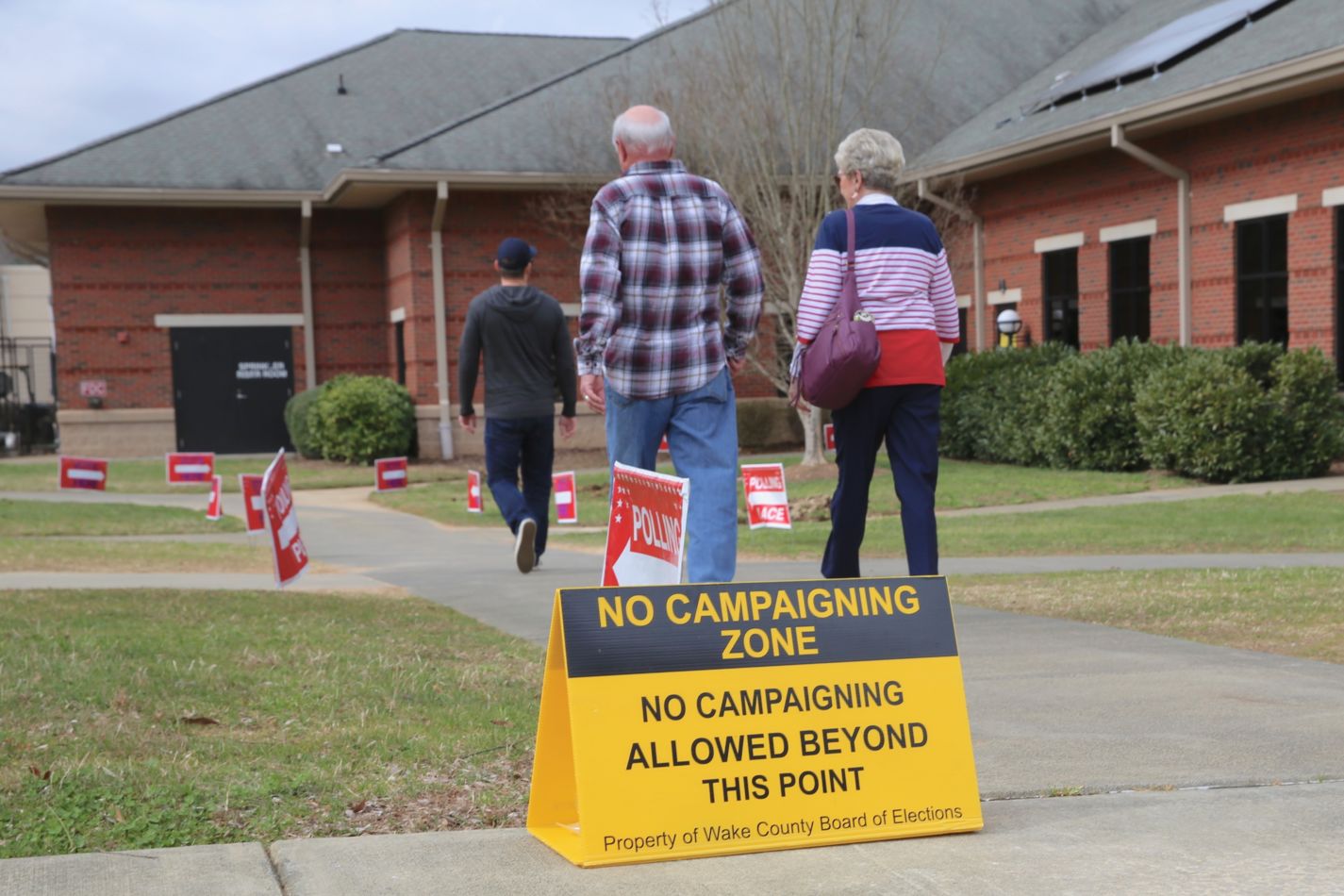According to documents obtained by the Public Interest Legal Foundation , 1,454 foreign nationals on the voter rolls had not obtained naturalization before Election Day 2014, necessitating a challenge at the polls.
Out of those 1,454 registrants, 89 attempted to vote, with 24 of them challenged. Of those 24 challenges, 11 were sustained.
Leading up to the 2014 midterm elections, North Carolina had more than 10,000 registered voters that might be foreign nationals, according to information obtained from federal and state immigration databases. The state sought to prevent foreign nationals from voting and performed a 10,000-registrant audit before the midterm election.
In 2021, the U.S. Fourth Circuit of Appeals granted PILF a favorable ruling, empowering them to obtain these documents.
The National Voter Registration Act of 1993, also known as the Motor Voter law, requires DMVs to offer voter registration.
PILF states that most foreigners register through the DMV process, and once foreign nationals are registered in vehicle department transactions or through social service agency registration, the NVRA limits the actions that election officials can take to address the issue. Even individuals registered outside of DMVs are still subject to the NVRA’s requirements for voter registration.

PILF cited three main problems impairing the ability of election officials to remove foreigns from voter rolls:
- The federal voter registration requires no documentary proof of U.S. citizenship. Instead, the applicant is asked to attest to citizenship and age simply by checking a box next to the word “Yes.” This is essentially an honor system.
- The federal voter registration form does not require full Social Security numbers, making it impossible to use E-Verify to find illegal immigrants registered to vote.
- Motor Voter’s language did not account for the need for DMVs to transmit citizenship verification data in driver licensing transactions, even in the age of REAL ID. Essentially, this means that DMV customers may not update their immigration statuses in their driver records after naturalization.
North Carolina’s audit demonstrates that the SAVE Database serves as a viable tool for election officials to ascertain citizenship.
“North Carolina’s experience makes clear how some of Motor Voter’s aging provisions are allowing foreign interference in our elections by causing foreign nationals to get registered to vote,” PILF President J. Christian Adams said. “Then, the law’s provisions create roadblocks for election officials to correct the record. Congress must modernize Motor Voter. The best way to celebrate 30 years of the National Voter Registration Act is to make sure it serves everyone in America – especially those among us who cannot yet vote.”
On Thursday, Adams submitted written testimony concerning noncitizen registration list maintenance, deceased registrant list maintenance reforms, and absentee ballot transmission deadlines to the North Carolina House Oversight and Reform Committee. All of PILF’s proposals relate to Senate Bill 747, titled “Election Law Changes.”
Senate Bill 747 passed the Senate by a vote of 28-19 along partisan lines. The Senate sent the legislation to the House on Thursday for consideration.
Read the full report here.